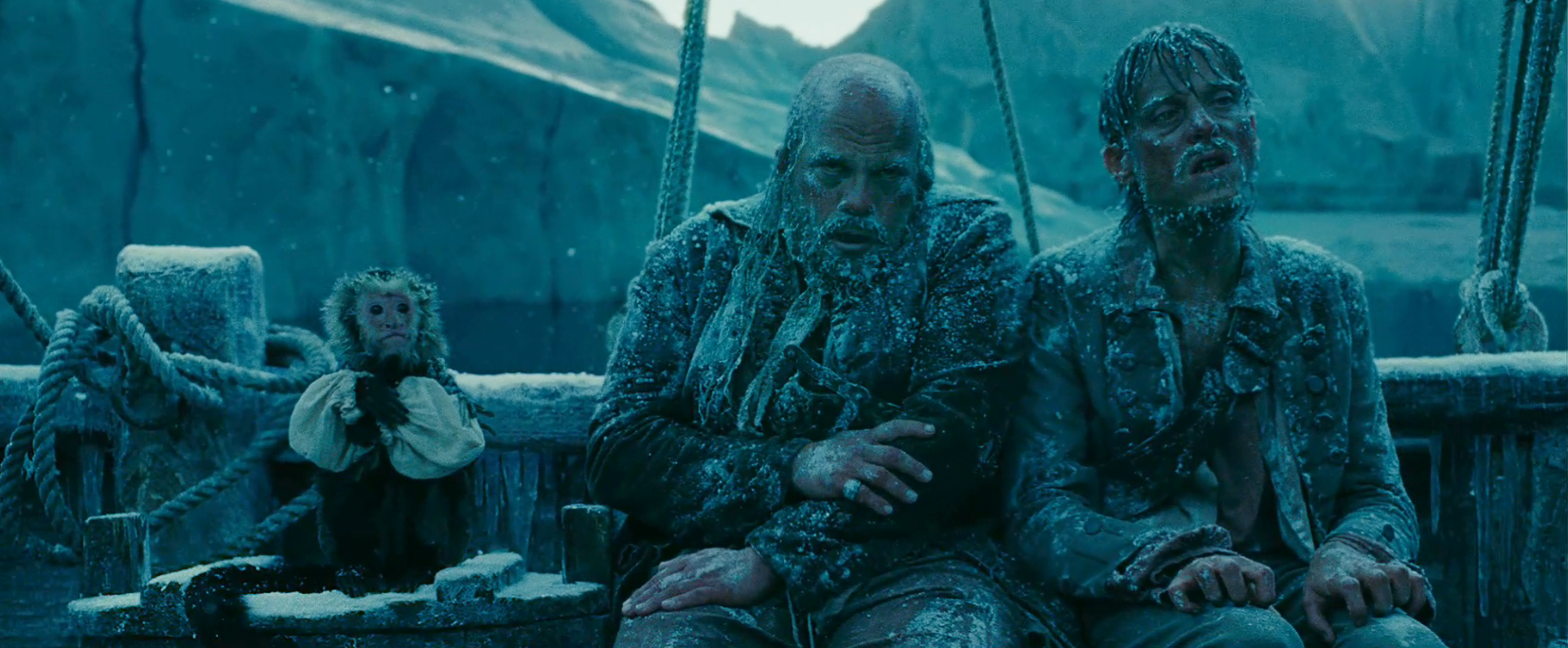Here we go; the big reveal. Why did I decide to dig up a
meme that is more persistent than Ralph Nader with an
Undying
MTG deck? Two reasons, if you must know. The first, is that I needed something
to roll with and that struck me as funny at the time, so I went with it. The
second reason is that it served as a primer, preparing you to deal with me
jumping up and down on yet another “dead horse topic”, because that is what I
like to beat. Dead horses- squishier the better. Essentially, I used a tired
out meme to prepare you for a subject that is already tiring itself out—“
overexposeddiscussioninception!” said
the person who looks like
Ted. (Button courtesy
of Spacegy… don’t ask how many times I played with it tonight >>).
Okay, enough silliness; let us get serious.
You are all literate individuals using the internet, so I
will not insult your intelligence by assuming you did not hear about what
happened to Mr. Robin Williams, though if this came as a spoiler to you, I am
both sorry for your loss and sorry for your clear lack of regular communication
with the outside world, in spite of an internet connection. Here I said I was
going to get serious—and I am, I swear, but the way I am going about this…
well, I think this is the approach he would best identify with anyway. Robin
Williams was an absolutely silly man, who approached both the serious and
dramatic with this light hearted humor that just made you smile. Yes, I am
coming around to a serious point, but making light of the approaching topics is
something he would have done. A famous bit from
Patch Adams says as much on the
subject of life and death.
My two cents on that at least, and hell, you’re reading my
closing thoughts, so that’s what you get. Unless you’re Canadian, in which case
I’ll round it up and give you a nickel.
Perhaps I have that out of my system and will now move on
with the actual intent of these closing thoughts—there are two aspects here.
The first is having a frank chat on mental illness, suicidality and awareness,
and the second half will be connecting this back to writing, as this is a blog
about writing and role-playing. I thought about not connecting the two, leaving
these closing thoughts only as a piece with the first half displayed, but I
feel it necessary to stick to the roots of this blog’s purpose, even when
putting out an important message.
It is a sad thing that it usually takes a tragedy to bring
out the important discussions, but we’ll leave the examination of human nature
for another time. For now, we’ll just sit comfortably with the knowledge that
it never seemed like something to bring up until it was brought to the public
stage, ironic, considering a similar event hit me on a personal level last
fall. Perhaps in dealing with something much closer, it makes you forget about
talking and focus on the processing and moving on—so by the time you’re back in
here writing, you’re on to other subjects. When someone you grew up admiring
and appreciating does the same, you have just enough detachment to come out and
open the discussion.
This piece is not about passing judgment or making value
statements on the act itself, so please do not read this with expectations of
an official position in that regard. Instead, what I want to say (finally) is
that serious depression and thoughts of suicide is serious and should be taken seriously, both by the person who
experiences it and the people surrounding that individual. Yes, too often
people sometimes attribute a person’s morose behaviors with being that person’s
baseline, but if that person expresses something a little more—please listen.
Please pay attention and be willing to lend a hand if that person has decided
to extend it one more time.
If you are that person, the one who is struggling with the
decision to reach out for support or to take it back and take your own life
instead, I ask—no plead with you, get help. Call someone you know you can trust
to make good decisions and to support you. Call one of the many hotlines
available- all you need to do is make a quick google search. They are free,
they are there to help, and they are trained in helping you get past the worst
moments of depression’s grasp so you can carry on long enough to get to someone
who can assist you in getting through the long term. If your feelings are
frequent and lasting, do yourself a favor and get to a support group- and in
person support group, one with people who are there.
Human social contact does wonders for you, even if you have a hard time
believing it. Yes, getting up and leaving is hard, but if you have the energy
and drive to consider harming yourself, I ask that you make that one last
effort to go talk to someone, to meet with people, to find support and keep
pushing forward, because it does eventually pass and it does get better.
Suicide is a hard thing, and the controversy flares up for a reason. Suicide is
much like casting a stone into still waters. You think all you have done is
given up one stone, a single piece of rock that never affected anyone. Yet,
when the stone hits the water, it leaves ripples- ripples that reach out far
and wide, sometimes from shore to shore. We are all stones casting ripples, but
suicide is something that weighs us down and makes the stone that much more
massive.
I’m making my transition now, but here is a
resource
should you or a loved one ever need it.
Coming back around to writing, we can think of our
characters like rocks as well. Not rocks like they are as interesting as a box
of rocks or have as much going on in their head as a sack full of rocks
rattling around- no, I mean they are the proverbial stone through into the lake
of life, each one lost echoing as ripples, touching many, many others. Some of
our characters are small, so perhaps their stone is not as big or as wide, or
perhaps their stone is big, but only when specifically looked at by a
particular group, and since the perspective of this story never sees that
group, we the readers will never know.
Characters are stones, and some of them have great mass.
When a character dies, they will leave ripples in their story, reaching out and
touching other people often in ways they never understood. This does not just
apply to characters that have harmed themselves but to any character that dies
in the story period. The greater our character, the bigger their stone is as it
is cast into the lake, forever lost. If we have the right perspective, we can
see much of where those waves are going, and who they will touch before they
lose energy and cease.
Much in the same way that we are all people who leave
impressions on each other and therefore leave ripples in the lives we leave
behind, do the same for your characters. Even if they start out as a loner who
could not care about others much beyond their usefulness, they will eventually
touch the lives of others (for better or worse) and their death will have a noticeable
impact. As you develop your character, make sure that you take the time to give
him those connections, to treat him as a real human being who will make friends
and enemies, acquaintances and neighbors. Ensure others will notice when he’s
gone.
That way, when your story parts ways with that character,
plunging them into what is assumed inescapable death, you will be able to trace
the ripples. To watch where waves go when the character is gone, deciding who
in the story gets hit with the worst of it and who hardly notices a thing. Draw
out your story, as the story of that character does not truly end with the
character’s end, but instead it follows through with the others who will miss
them, and by addressing that too, you add depth and dimension to your plots, a
while showing just how important that lost character was.
That’s my time everyone, take care.



























